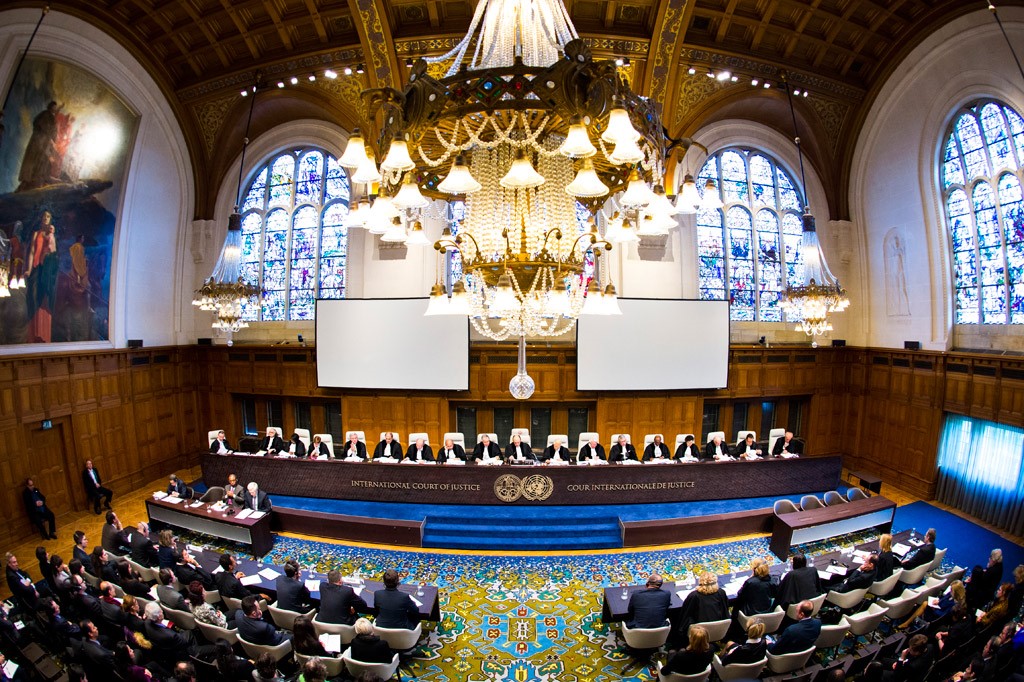This week we celebrate a very important birthday – on April 18th, 1946, the International Court of Justice (ICJ) was born. Since its birth 70 years ago, the ICJ has had the opportunity to hear 161 cases. These cases have been entered from large countries like the United States and the former Soviet Union all the way to small ones like Burkina Faso and Malta. I thought I would take this opportunity to explore the history and purpose of this very important court as it’s not one that many American jurists get the opportunity to encounter.
To do so, we need to go back a little further in time. You may be surprised to learn that what Americans know as “alternative dispute resolution” actually predates judicial settlement in history. Mediation had its origins in ancient India and the Islamic world, while arbitration was used throughout ancient Greece, tribal Arabia, and medieval Europe. Finally, in 1899, the International Court of Arbitration was established by the first Hague Peace Conference in the newly built Peace Palace. By the time judicial settlement took its place in the international realm, World War I had just come to an end. The precursor to the ICJ, the Permanent Court of International Justice (PCIJ), was established by the League of Nations in 1920 and heard 29 cases that mostly dealt with issues from WWI.
The PCIJ came to an end when the League of Nations was dissolved and with the establishment of the United Nations, so came the ICJ. This coincided with World War II and a whole new set of issues. Article 1 of the UN Charter defines the ICJ’s purpose is “to bring about by peaceful means, and in conformity with the principles of justice and international law, adjustment or settlement of international disputes or situations which might lead to a breach of the peace.” Also seated in the Peace Palace at The Hague, Netherlands, the ICJ is composed of 15 judges elected for nine-year terms. Besides settling disputes between nations (contentious procedure), the ICJ also issues advisory opinions on legal questions submitted by UN bodies and agencies (advisory procedure).
However, advisory procedure should definitely not be seen as secondary to contentious procedure. In 1947, the ICJ decided on the conditions necessary for a state to be admitted to the UN, something that still controls today. 1950 brought about procedure regarding the genocide convention following WWII. 1993 and 1995 brought about advisory procedure on the legality of the threat and use of nuclear weapons. Of course, contentious procedure has made its mark on the world too. The Nottebohm case (1950) has been a cornerstone of nationality determinations the world over. The United States Diplomatic and Consular Staff in Tehran case (1980) was brought by the US against Iran following the Iran hostage crisis. Finally, another 10 cases are currently in progress and range on issues from maritime borders to the cessation of the nuclear arms race and disarmament.
Whether or not you believe that international public law is important, the ICJ has made determinations that affect you. Whether you live on a small fishery on the coast of Iceland, drive a gas-powered tractor on a potato farm in Idaho, or dream of a world where nuclear missiles are no longer a threat, your life has been shaped by the decisions of the ICJ. The last 70 years have moved our world in a positive direction. Happy Birthday, ICJ – cheers to the next 70.


